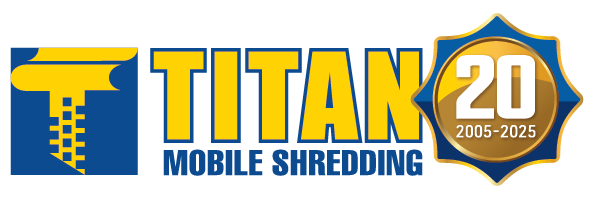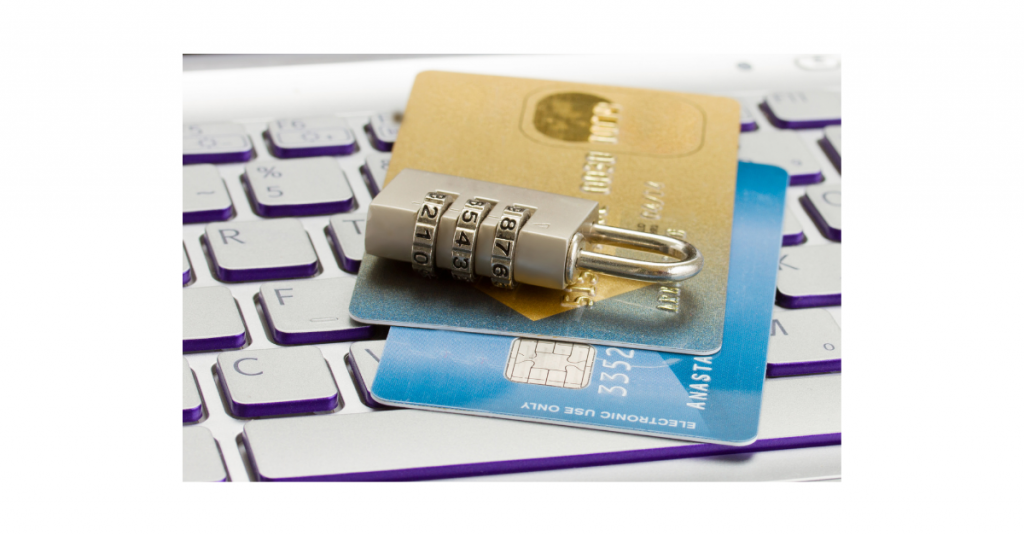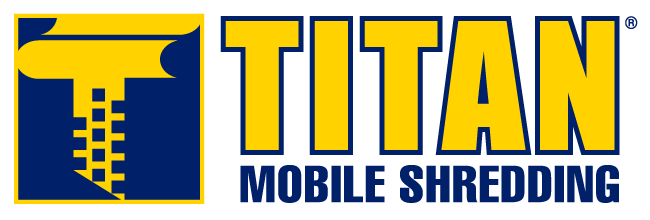Identity theft happens when someone pretends to be you and spends your money. Thieves learn enough personal financial information about you to convince others they are you. They may empty your bank accounts, rack up huge credit card debts, steal tax returns, collect unemployment benefits in your name, or sell your house from under you. The Federal Trade Commission (FTC), the agency that tries to limit and prosecute identity theft, defines it as when someone uses your personal or financial information without your permission. It could be your name and address and the following numbers:
- Credit card
- Bank account
- Social Security
- Medical insurance account
Stolen Account Numbers Drive Identity Theft
These numbers and information are on:
- Your documents or those of companies you do business with, medical practices who treat you as a patient, or governments to which you pay taxes. These documents aren’t stored or destroyed properly. Someone then gathers this info and either uses it or sells it to another
- Hard drives you or a business, government agency, hospital, accounting practice, or law firm discarded improperly. A hard drive removed from a computer and not physically destroyed could be recovered, and data may be available for others to see
- A computer or computer network you own, or a business, nonprofit, or government owns, that has your financial information is hacked, and critical data is copied. Information from unshredded documents or hard drives that weren’t destroyed properly may help hackers break into the system
What Does Law Enforcement Think You Should Do to Protect Yourself? Shred Your Documents
The first thing the FTC says you should do to protect yourself is to safeguard your personal information by keeping financial records, Social Security and Medicare cards, and any documents with personal information in a secure place. “When you decide to get rid of those documents, shred them before you throw them away,” reports the FTC.
How to Learn You’re a Victim and What You Should Do About It
When you’re online engaged in any kind of financial transaction, use a strong password (including one randomly generated by a computer) and multi-factor authentication when possible. This adds another layer of protection if scammers have your username and password. It provides extra security because it requires two or more credentials to log into your account.
You should monitor your financial accounts so you’ll discover unauthorized purchases or withdrawals. If you find one, contact the financial institution involved and your local police. You’ll need to make changes to prevent further thefts. You also may be able to avoid financial liability for what was stolen.
Protect yourself, your clients, and customers from identity theft by shredding documents with financial information and destroying obsolete or unwanted computer hard drives. Have a system to destroy documents and hire TITAN Mobile Shredding to get the job done. If you have any questions about how we shred paper records and destroy computer hard drives, call us at (866) 848-2699.




